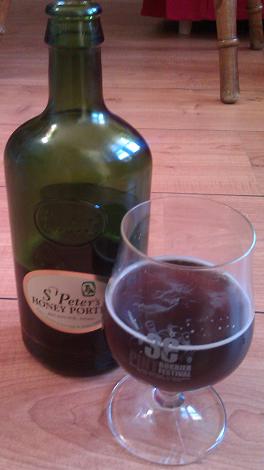
Probability of me spilling coffee set up against the length of the working day.

Probability of me spilling coffee set up against the length of the working day.

…has sprung and the somewhat hacked about tree in our courtyard is in blossom.
Seven books read this month, one of which was a monster of a history book which took up most of the month to read.
Propaganda — Edward Bernays
There is nothing new under the sun, as this *ahem* propaganda pamphlet on the positive uses of properly directed propaganda in business and public life, first published in 1928, shows. Bernays was one of the founders of the “science” of public relations, active in helping the US government prepare the American public for the Great War and here he justifies his profession. The introduction by Mark Crispin Miller is helpful in setting out the context for Bernays’ book.
Empires of the Sea — Roger Crowley
For about sixty years the Ottoman Empire fought for mastery of the entire Mediterranean against a on again off again coalition of Christian states, from 1520 and the Siege of Rhodes to 1580 and the Battle of Lepanto where the Ottoman fleet was decisively defeated. Classic narrative history here, a good introduction to an important and interesting part of European history.
Ashes of Victory & War of Honor — David Weber
I got myself a new Android phone in late January and got the Kindle ebook app for it early in March, so I decided to download some David Weber for it as a test of whether or not reading books on a mobile actually worked for me — two novels later, I say it did.
Winterfair Gifts — Lois McMaster Bujold
Another Kindle book, a Miles Vorkosigan story I had not read yet. Set after A Civil Campaign, it’s told from the point of view of one off Miles’ armsmen as he witnesses the preparations for Miles wedding. A bit of emoporn for Vorkosigan fans.
Framing the Early Middle Ages — Chris Wickham
An excellently written and researched, very thorough socio-economic history on the transformation of the world of the Roman Empire into the world of the Middle Ages. It’s not the definitive answer to why the Roman Empire fell or why the transformation from Roman to post-Roman Europe and the Medtiterranean happened the way it did, but he does try to frame those question in such a way that you understand that this process was not predetermined, trying to avoid the teleological trap of wanting to write history in terms of its outcomes.
The Female Man — Joanna Russ
A classic feminist science fiction novel, which I read for my Year of Reading Women project. This is one of those novels every science fiction fan should at least try to read to be knowledgable about the genre. It’s also quite good.
Broke my phone because it slid put off my pocket to the floor and under the stupidly designed railing on the floor beneath it. Had to call T-Mobile to get it fixed, zillions of phone menus later got some phone drone to take my details, which she did, but could she make an appointment to send me an envelope to send the phone to them?
Of course not. That was a different department. So now I have to be called back to make an appointment to get the envelope to send the phone to get it fixed… Why oh why can’t companies have flat help desks that can handle every kind of routine question rather than have us submit to their internal bureaucracy?

So I was looking for something to drink during the last day of the Six Nations rugby and amongst others, found this: St Peter’s Honey Porter (dark brown, 4.5 % alcohol by volume). Now I like porters and I like honey flavoured beer, so the combination seemed a natural for me to try. Unfortunately, it turned out a bad idea. Perhaps this particular bottle had gone off somehow because I found it to be undrinkable, like biting into honey flavoured potpourri or beeswax. My first impression was the honey, then came the more disagreeable elements. The mouth feel was like drinking liquid soap, all smooth and cloying without any of the fizziness you expect from beer, while the taste evolved into a mixture of Cadbury’s milk chocolate and perfume, all floral and sweet. Very unpleasant indeed and in the end I poured it down the drain.
If this was how it was supposed, it wasn’t for me, though some people certainly like it.
Much more to my liking was the ordinary porter I drank before this abomination, the Klein Duimpje Porter: Light golden brown in colour, 5.5 % alcohol by volume. Starts off light, with metallic overtones, almost lager like, but becomes more bitter as the bottle progresses and ends at the Kilkenny or Murphy’s Red end of things. Something you could drink all day long without damaging your taste buds.